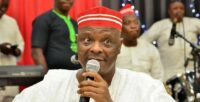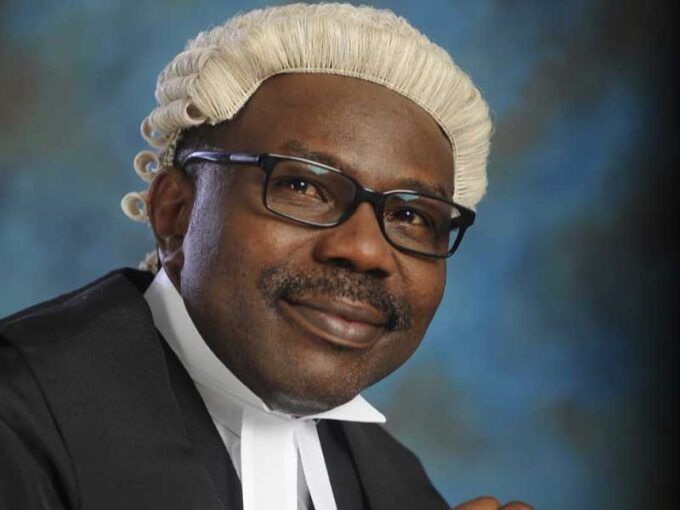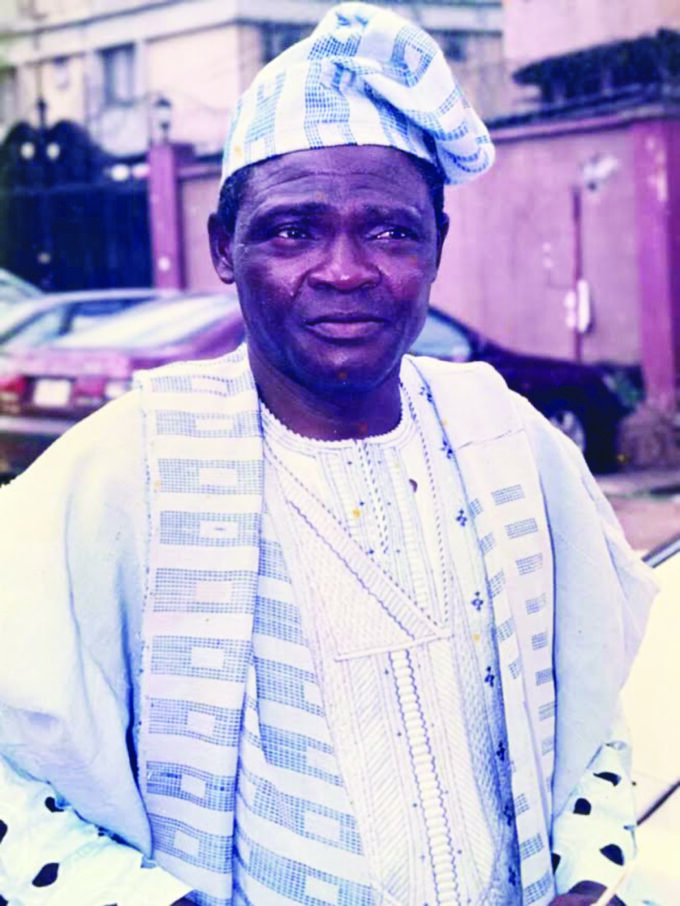By Dr. Cornelius Collins Balogun
When Aliko Dangote began his cement venture two decades ago, few imagined it would become a continental powerhouse. At the time, Nigeria’s industrial climate was volatile, with an epileptic power supply, inconsistent policy, and decaying infrastructure. Yet Dangote looked beyond obstacles. He built not only factories but a self-sustaining ecosystem, from logistics to power generation, ensuring every link in the value chain strengthened the other.
Today, Dangote Cement operates across more than ten African countries. But the real story is not its profit margin;it is endurance. Dangote built a company that outlives seasons, politics, and personalities. Such durability is still rare in African enterprises.
Across the continent, too many promising businesses start strong but fade fast. Some depend solely on their founders’ charisma; others collapse under weak systems or poor succession. In Nigeria, we have seen banks, construction firms, and even tech startups rise like firework, brilliant for a moment, gone the next morning. The question is simple: what makes certain businesses last while others vanish? The answer lies in structure, in building on principle, not personality.
Globally, enduring firms share one trait: discipline in structure. Toyota’s kaizen philosophy empowers factory workers to become daily innovators. IBM, once a punch-card company, reinvented itself as a digital-age powerhouse. Unilever has outlived wars and recessions because it relies on systems, not sentiments. Nigeria can learn from these examples. Many local businesses remain founder-driven rather than system-driven. When the founder steps back, confusion takes the throne. The challenge is to build institutions that think and operate independently, guided by values, not vanity.
In mature markets, governance is the architecture of trust. It defines accountability, continuity, and credibility. In Nigeria, too many firms operate informally, running on impulse rather than process. But a business with structure becomes investable; one that relies on personality becomes vulnerable. The collapse of some banks in the late 2000s wasn’t caused by a lack of opportunity but by a lack of governance. Investors, whether local or foreign, commit where discipline and transparency are visible.
Culture remains the soul of a business. “Culture eats strategy for breakfast,” management guru Peter Drucker once said. Strategy tells people what to do; culture tells them how to behave when no one is watching. Google and Apple owe as much to their cultures of curiosity and openness as they do to innovation. Nigeria’s businesses must create environments where employees see themselves as stakeholders, not spectators. Companies like Innoson Motors and Flutterwave show what happens when local talent feels ownership, ideas flourish, loyalty deepens, and excellence becomes routine.
Africa’s corporate graveyard is filled with family names that couldn’t pass the baton. Many founders guard control so tightly that the next generation finds an empty chair and no map. True leadership plans for its own replacement. When Steve Jobs left Apple, the company didn’t collapse because he had built a system, a culture, not a cult. Nigerian businesses must learn this lesson. The strength of leadership is proven not in control, but in continuity.
Enduring firms don’t rush. Johnson & Johnson survived decades of crises by keeping its balance sheet conservative and reinvesting in its people. Too many Nigerian firms expand into every shiny sector they see, from construction today to agriculture tomorrow, and fintech next week. Real strength comes from mastering your core before diversifying. Build roots before branches.
Change is no longer seasonal; it is constant. IBM’s century-long survival came from continuous reinvention. Nigeria’s fintech revolution, led by players like Moniepoint and Paystack, shows how adaptation turns local limitations into global advantage. In a volatile economy, agility isn’t a luxury; it’s oxygen.
The strongest brands don’t just sell; they serve. Unilever, Coca-Cola, and MTN Nigeria thrive because they invest where they earn. In today’s Nigeria, where public trust is thin, social engagement isn’t charity; it’s insurance. A company that uplifts its community builds goodwill that outlasts any marketing campaign.
The future belongs to leaders who see themselves not as empire builders, but as stewards and custodians of purpose. The African leader of tomorrow must replace command with collaboration and ego with empathy. Leadership must be regenerative. Raising successors, not subordinates. Legacy isn’t about longevity in office; it’s about the impact that continues when you’re gone.
Africa stands at the threshold of possibility. The African Continental Free Trade Area (AfCFTA) offers the world’s largest single market by population. But to compete globally, we must build enterprises that are disciplined, structured, and humane. The continent does not need more businesses that make money; it needs more that make meaning. Because in the end, success is not measured by how high a business climbs, but by how long it stands.
About the Author
Dr. Cornelius Collins Balogun is an entrepreneur and industrial strategist dedicated to sustainable manufacturing and national development. He is the founder of several Nigerian enterprises and a voice for ethical, purpose-driven leadership in Africa’s private sector.

















Leave a comment